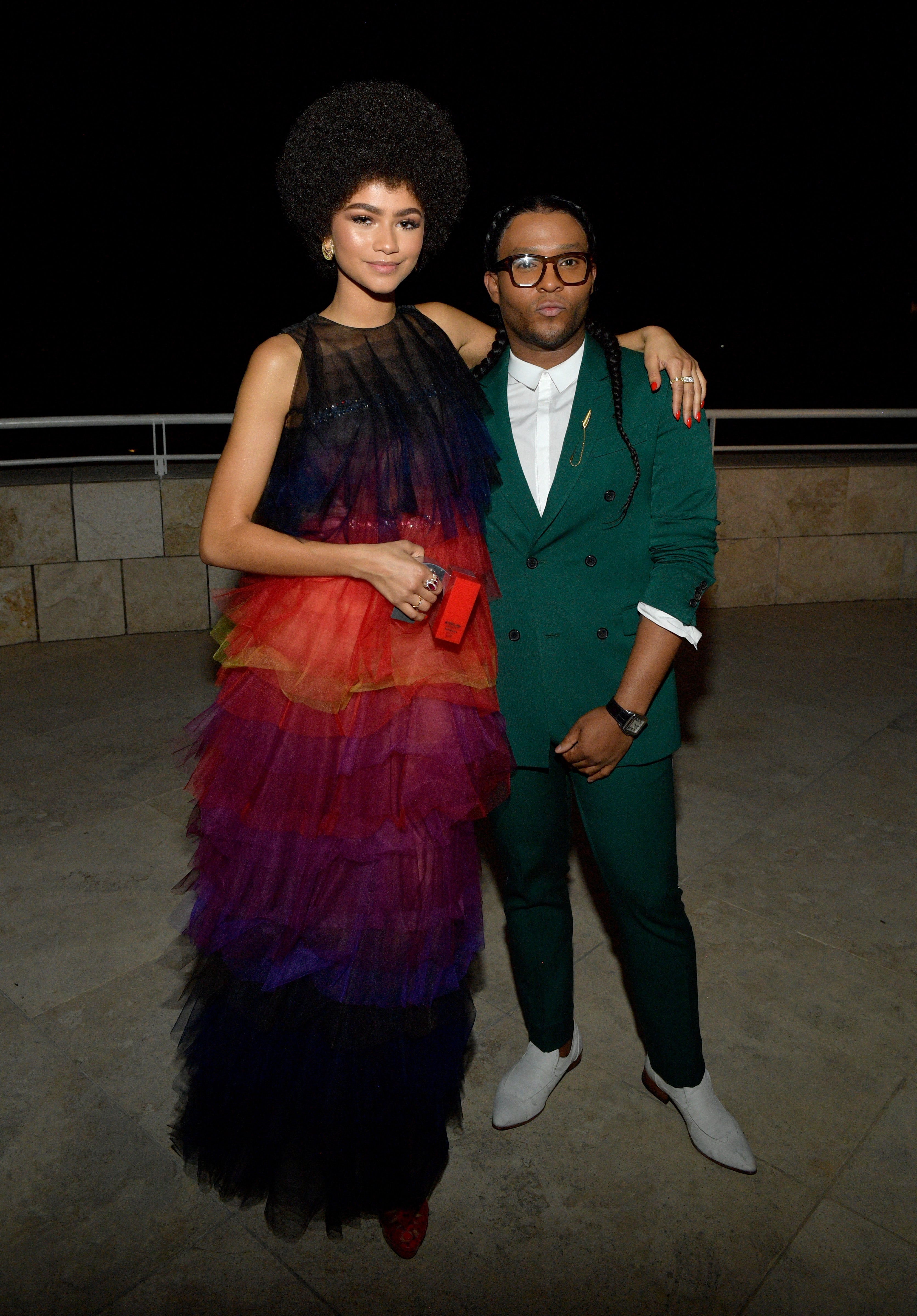
Zendaya is arguably one of the most stylish celebrities and has been slaying looks for several years (even though she’s only 21!), but according to her longtime stylist Law Roach, the actress/singer rose to the top of the fashion game despite luxury fashion labels declining to dress her in the past.
During The Hollywood Reporter’s first Stylist Roundtable, Roach candidly revealed, “Zendaya made it to the cover of Vogue. She has never worn Valentino, she has never worn Gucci, she has never worn Chanel. She only wore Dolce [& Gabbana] when she got a Dolce [& Gabbana] campaign. We built [her] career and my career using smaller brands and emerging designers to prove a point that it can happen!”
Roach, who also styles Mary J. Blige, further continued, “It’s a big f*ck you because we all know the [public relations] want to bring someone to you because ‘oh she can get her in Valentino’ but what I wanted to prove was that she doesn’t have to be in Valentino to become a fashion girl. So now that everybody wants to dress her, I go back and say ‘Not this season!’”
This isn’t the first time we’ve heard of major fashion designers refusing to dress Hollywood stars particularly when they first are starting out in the industry. In 2016, comedian Leslie Jones revealed on Twitter how no designer would dress her for the Ghostbusters premiere and eventually Christian Siriano came to Jones’ rescue.
Even Beyoncé – yes Queen Bey herself– shared during her acceptance speech for her 2016 CFDA Fashion Icon Award how high-end labels refused to dress Destiny’s Child back in the day and after Tina Knowles was shut down from fashion showrooms, her mom instead created the group’s outfits.
As one Twitter user eloquently put it, Roach’s revelation on Zendaya’s similar experience proves that “sometimes it’s better to create your own path to get to the same goal!”

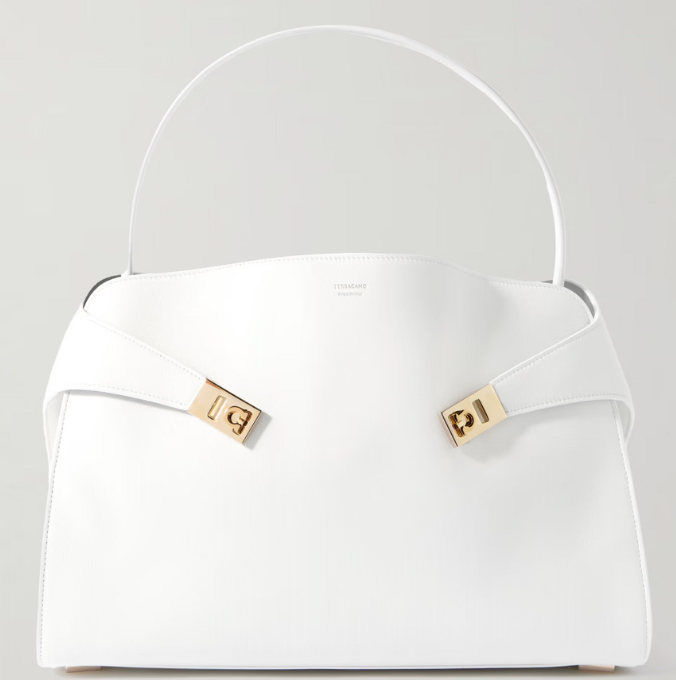
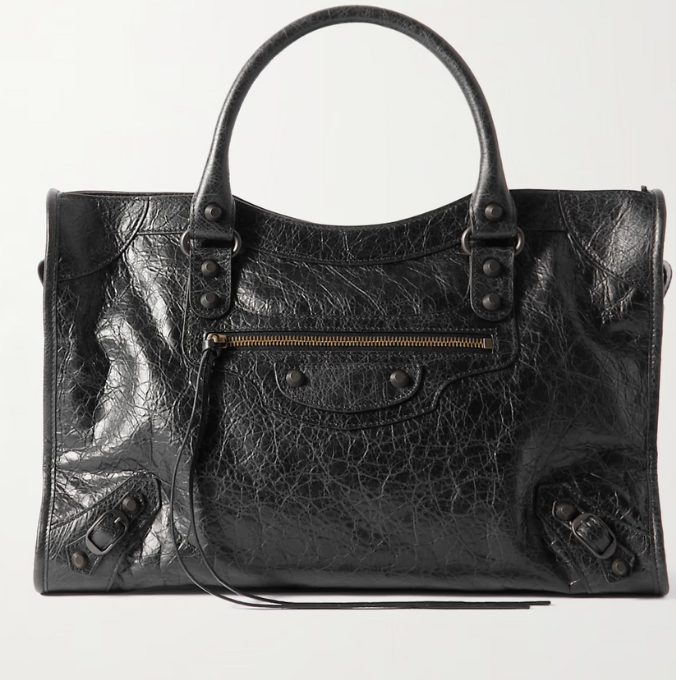
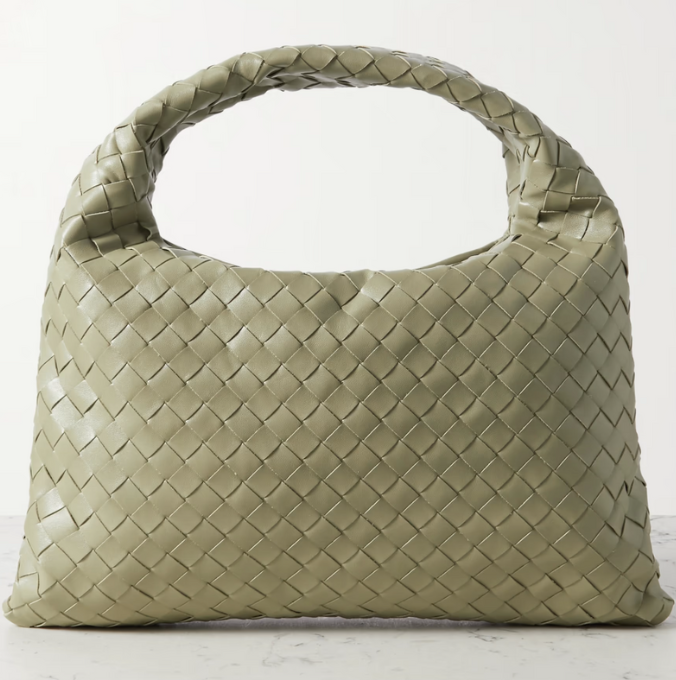
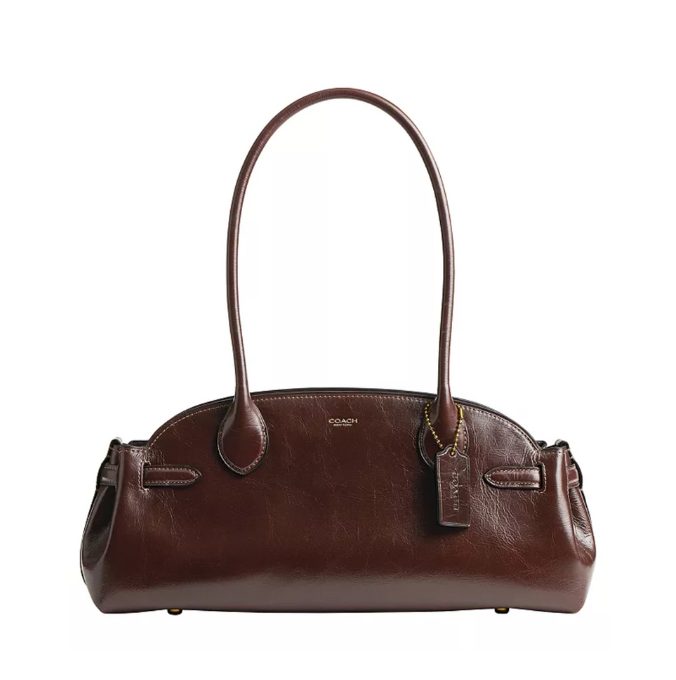


In the meantime, we can only hope that designers will become more willing and inclusive of dressing up-and-coming stars, especially those with true star potential! Then again, it never hurts to support smaller brands and emerging designers —especially Black designers.




